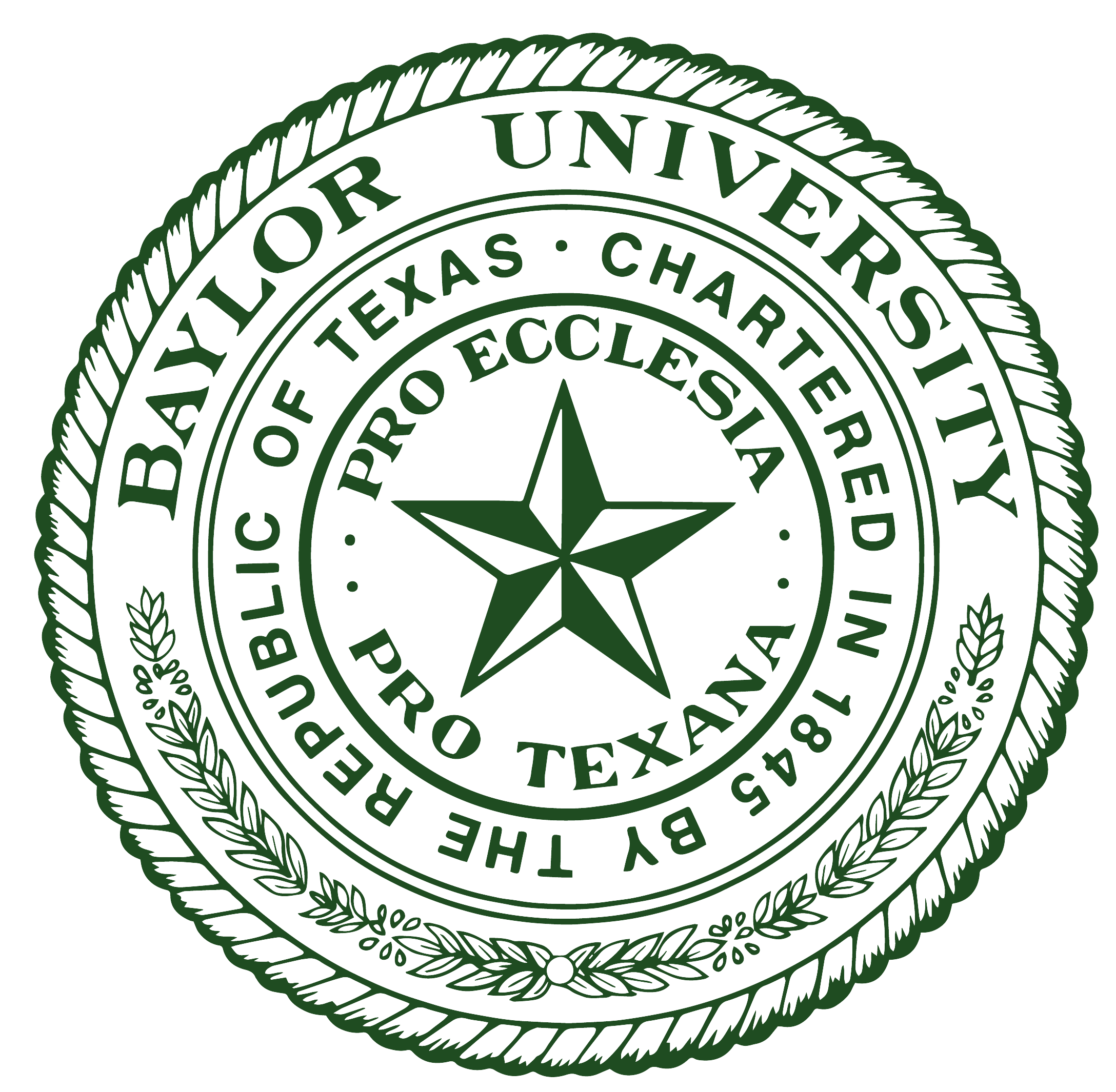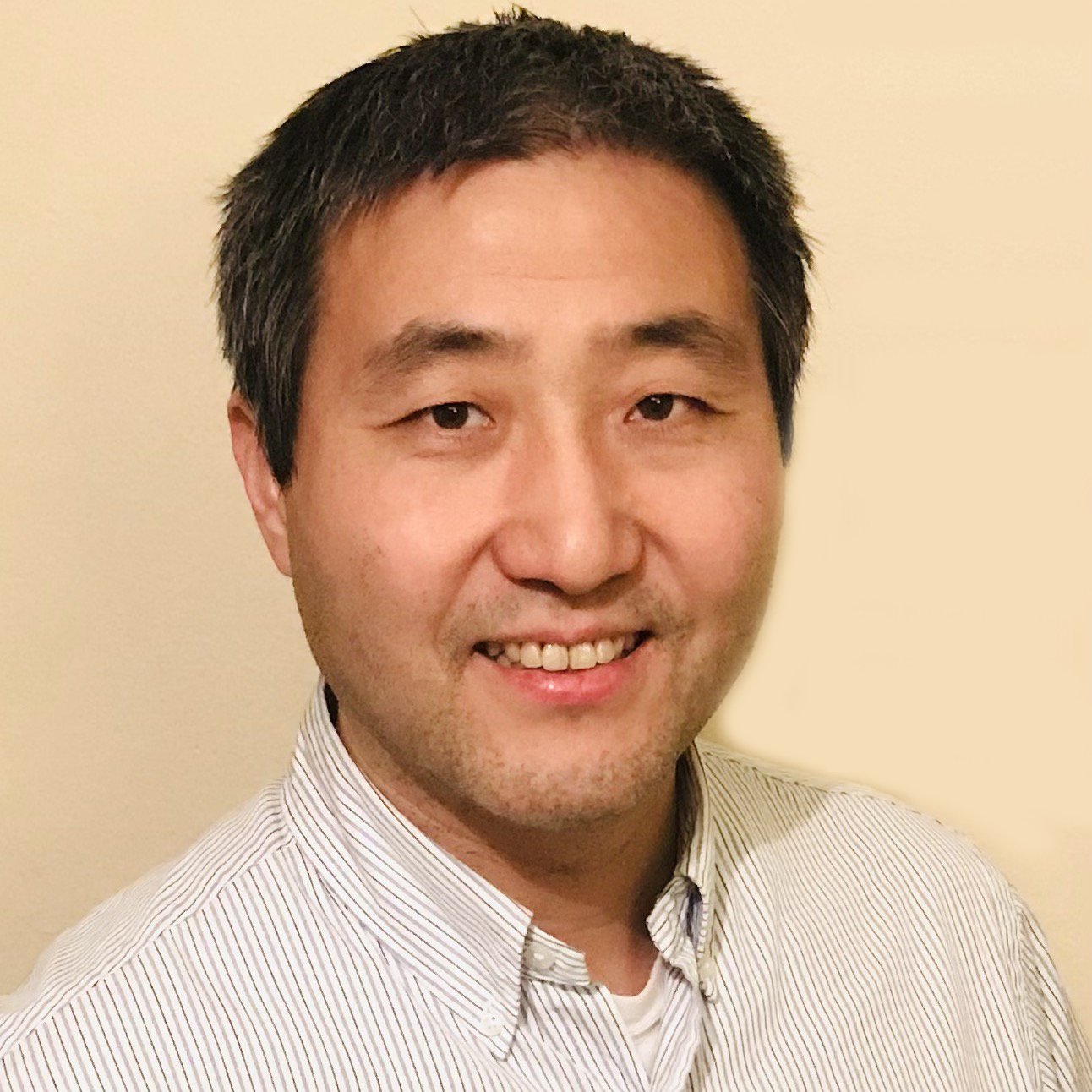
Dr. Liang (Leon) Dong, an Associate Professor in the Department of Electrical and Computer Engineering at Baylor University, conducts research in digital signal processing, wireless communications and networking, cyber-physical systems and security, and artificial intelligence (AI)/ machine learning (ML) applications in signal processing and communications. His work has been supported by the National Science Foundation (NSF), the Department of Defense (DoD)'s TARDEC, the National Aeronautics and Space Administration (NASA), and industry partners such as L3Harris, Intel, ExxonMobil, and Denso. Dr. Dong is a Senior Member of the Institute of Electrical and Electronics Engineers (IEEE) and a Member of the American Physical Society (APS).
Education
- Post-Doctoral, Electrical Engineering, University of Notre Dame (2002-2004)
- Ph.D., Electrical and Computer Engineering, University of Texas at Austin (2002)
- M.S., Electrical and Computer Engineering, University of Texas at Austin (1998)
- B.S., Applied Physics, Computer Engineering, Shanghai Jiao Tong University (1996)
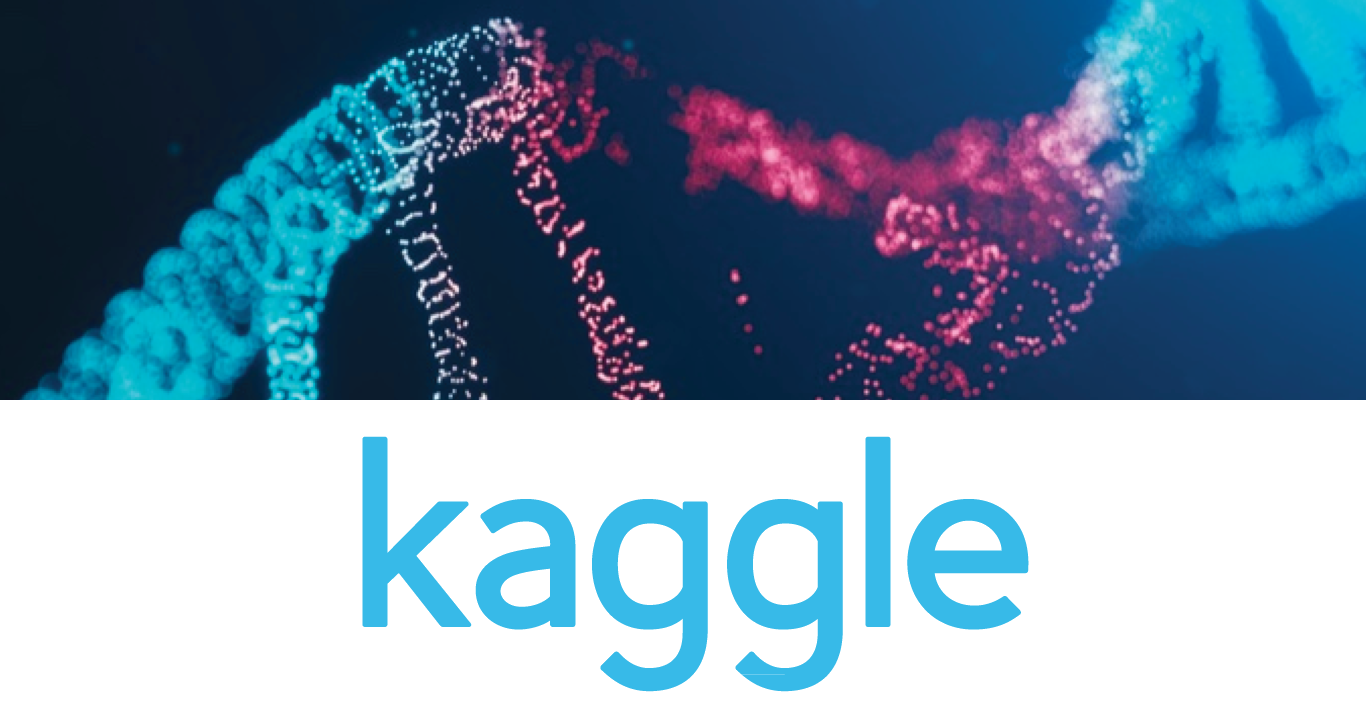
|
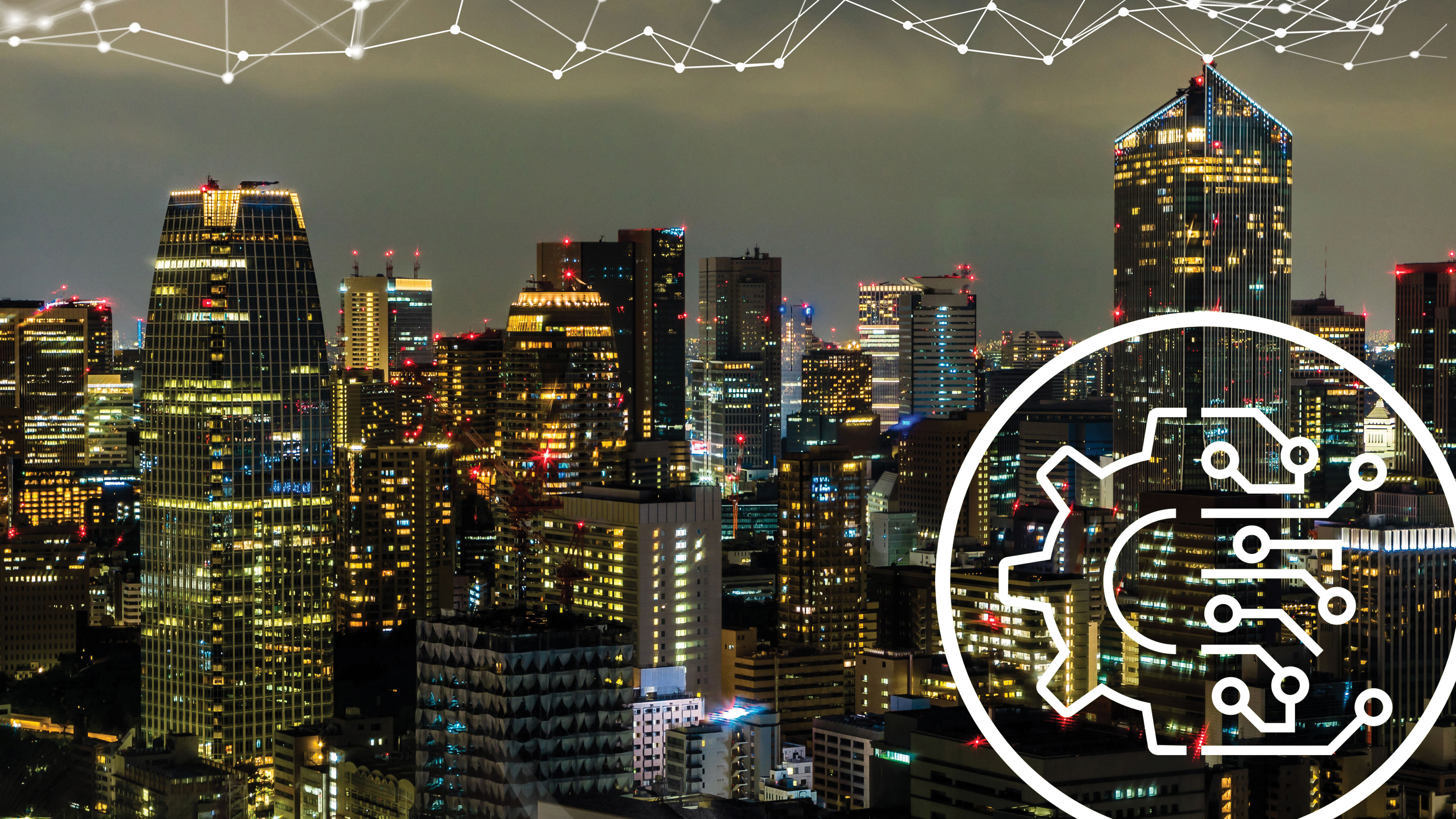
|
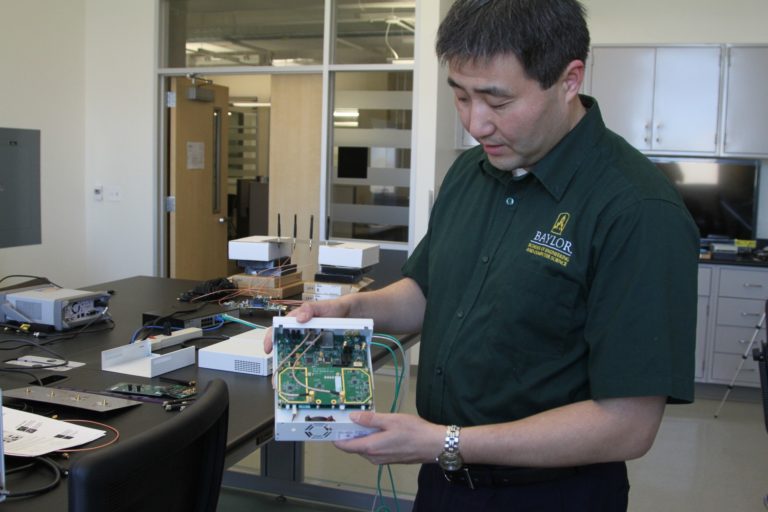
Baylor Lariat, March 2018 Deep learning, artificial intelligence leading the way to smart houses |
|
Youtube, December 2018 |
Youtube, December 2018 |
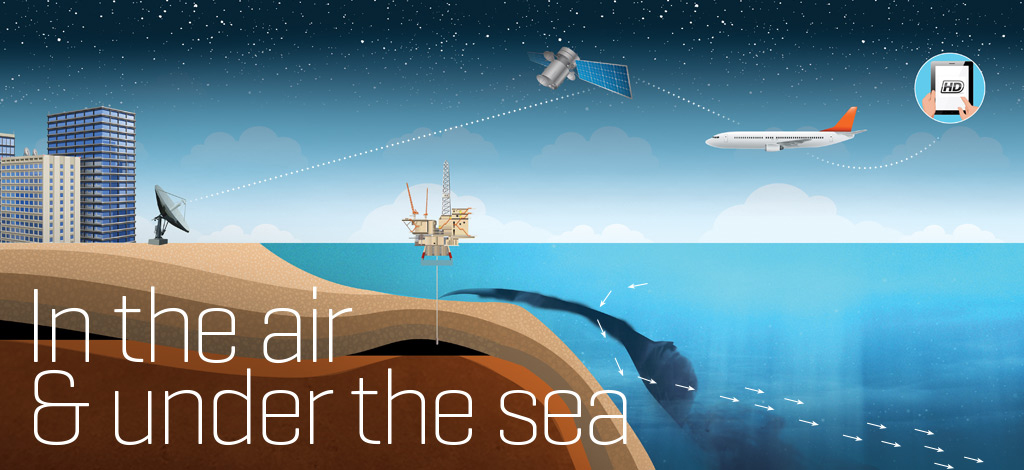
Baylor Magazine, February 2015 High-flying Wi-Fi |
E-BEARS Seminar
- March 1, 2024"Artificial Intelligence in Image and Video Analysis", Dr. Scott Acton, University of Virginia
- April 11, 2024"Clinical Molecular Imaging - An Overview of the Current State and Opportunities for Collaborations to Make it Better", Dr. Orhan Öz, The University of Texas Southwester Medical Center
- April 16, 2024"Molecular Design of Diagnostic Agents and the Potential Role of Artificial Intelligence", Dr. Xiankai Sun, The University of Texas Southwester Medical Center
Teaching
- ELC 4351Digital Signal Processing (2018-Present, Fall 2017, Spring 2017, Fall 2016)
- [IEEE Signal Processing Magazine]
- ELC 5396Introduction to Deep Learning (2018-Present)
- ELC 4350Principles of Communication (2011-2016, 2020-Present)
- ELC 5396Wireless Communication and Networking (Fall 2017)
- ELC 5356Statistical & Adaptive Signal Processing (Spring 2017)
- ELC 5396Digital Communications (Fall 2016)
- ELC 4438Embedded Systems Design (Spring 2016)
Research
Wireless and Mobile Communications
- Next Generation (NextG) wireless and mobile systems will provide enhanced data flow, communications, analytics, and automation for our connected world. Our research explores signal processing methods, transmit/receive techniques, radio communications, spectrum utilization, and mobile edge computing for NextG systems. We build AI autonomy to support systems' security, reliability, and adaptability.
Internet of Things
- NextG network systems will connect billions of heterogeneous Internet of Things (IoT) devices. The IoT perceives the physical environment, enables machine-to-machine communication, and provides low-latency computational and storage resources for smart cities, modern transportation, public health and safety, and defense. Our research focuses on energy-efficient communications and data analytics for IoT, and IoT reliability and security.
Artificial Intelligence Applications
- Deep neural networks harness advanced algorithms, big data, and the computing power of modern digital systems to enable machines to learn quickly and accurately at scale. We apply Artificial Intelligence (AI) deep learning to autonomous driving, drug molecule discovery, and industrial automation.
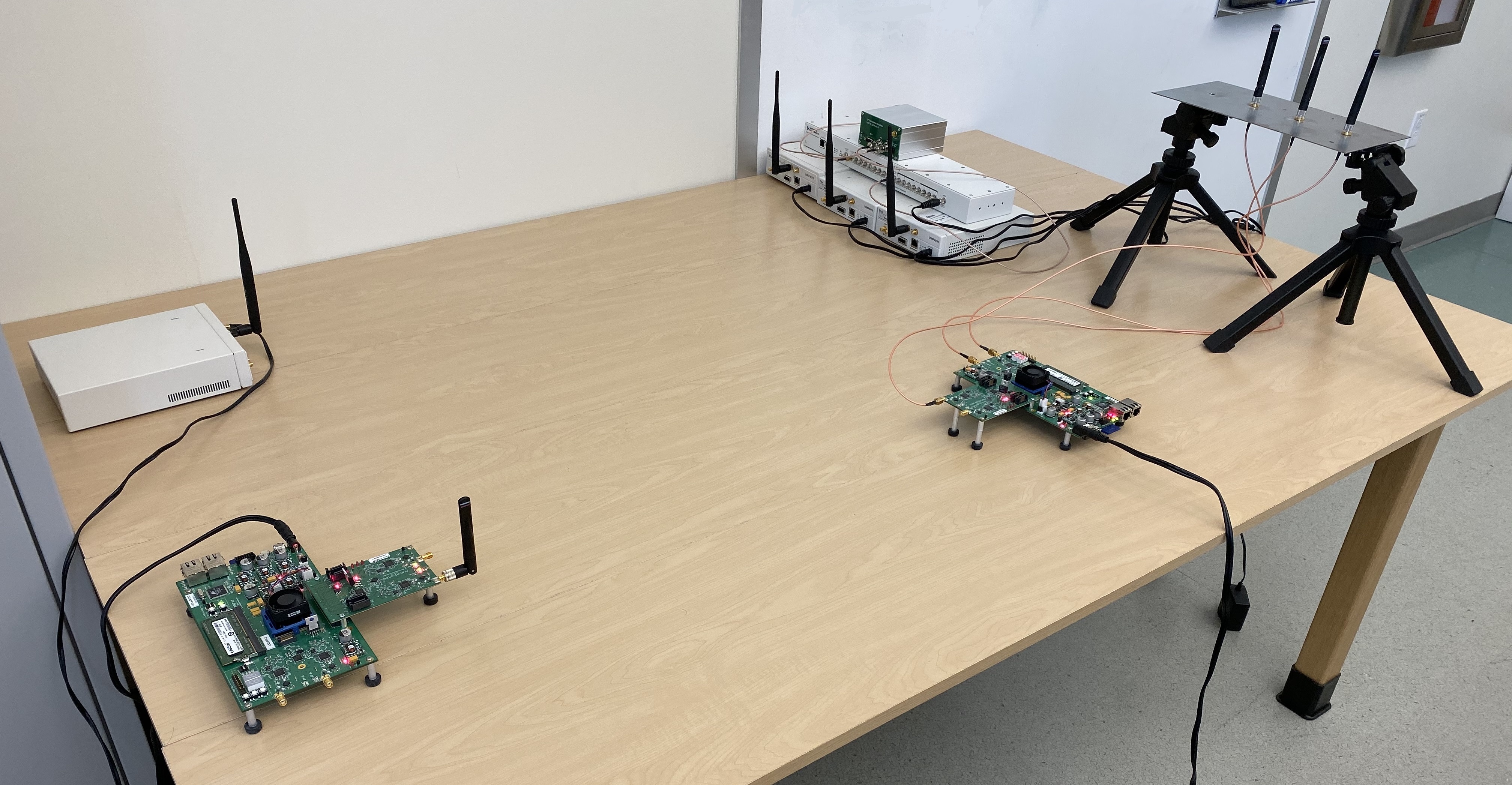
|
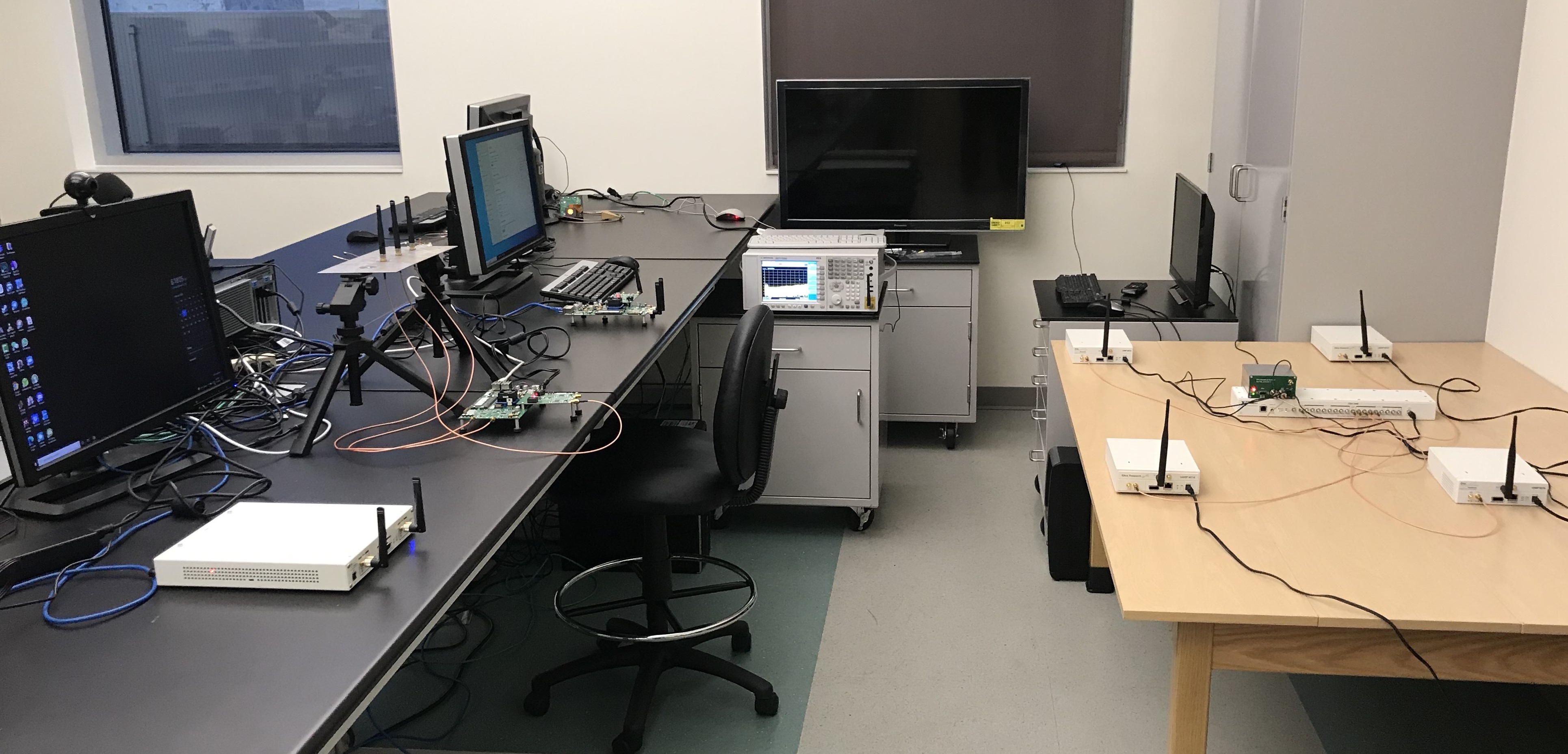
|
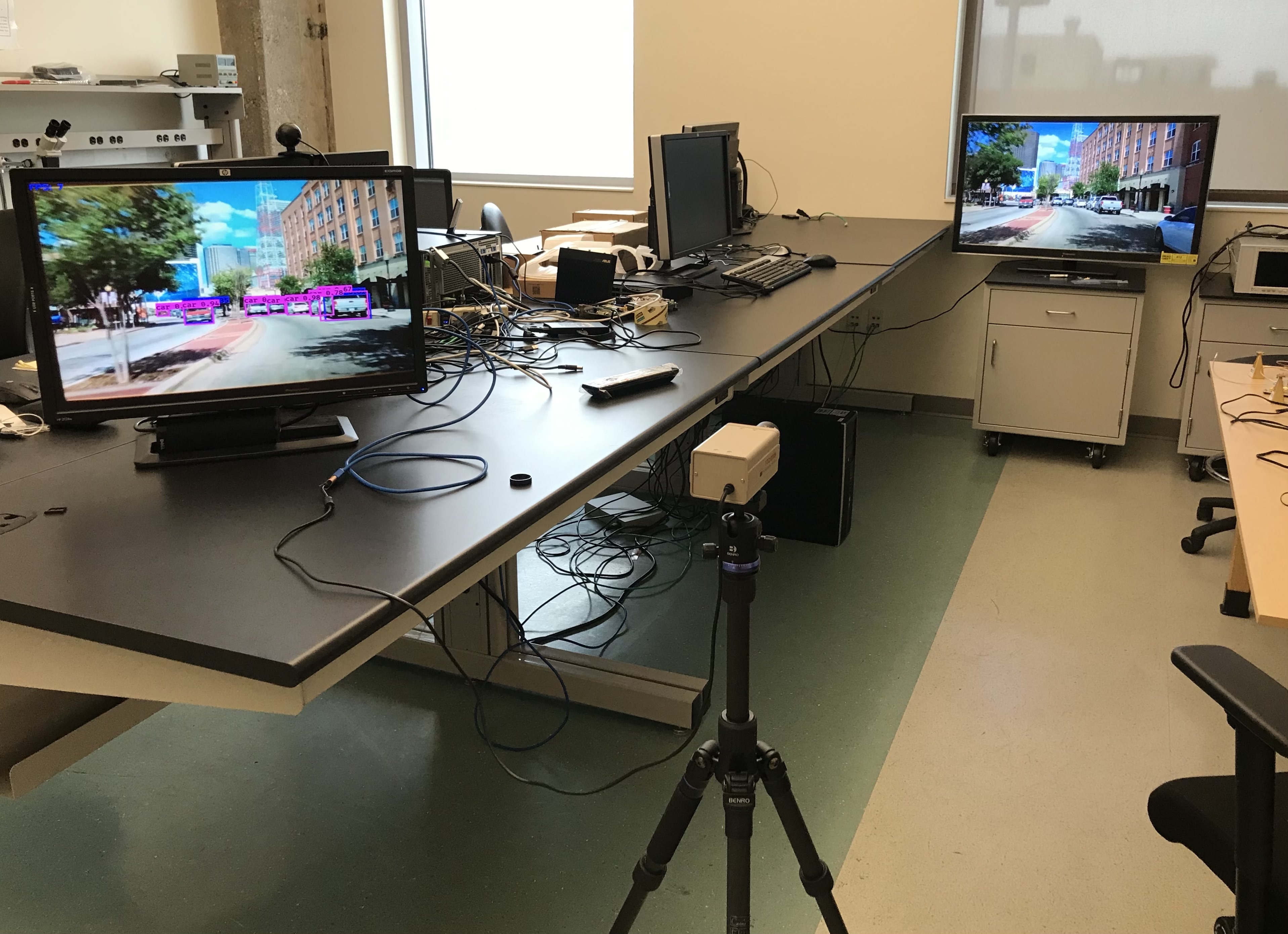
|
© Liang (Leon) Dong, 2024

